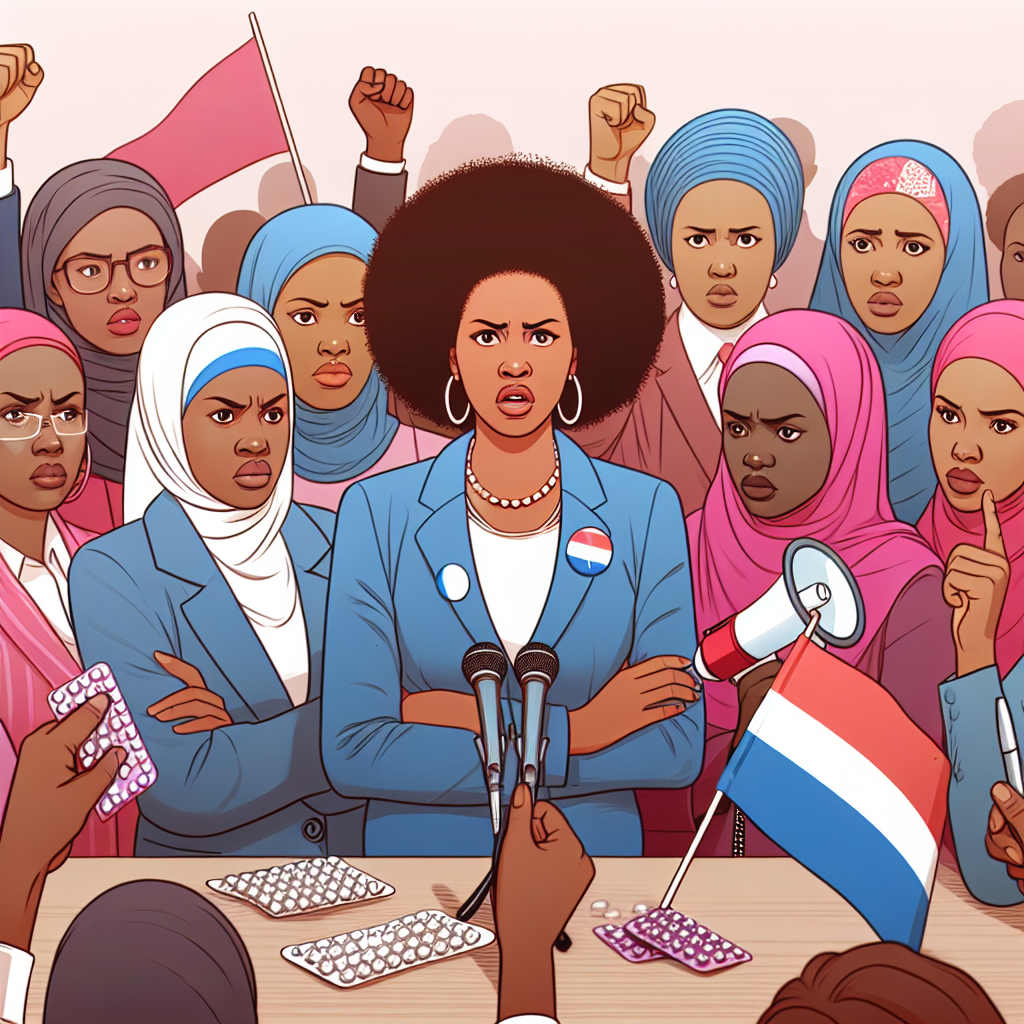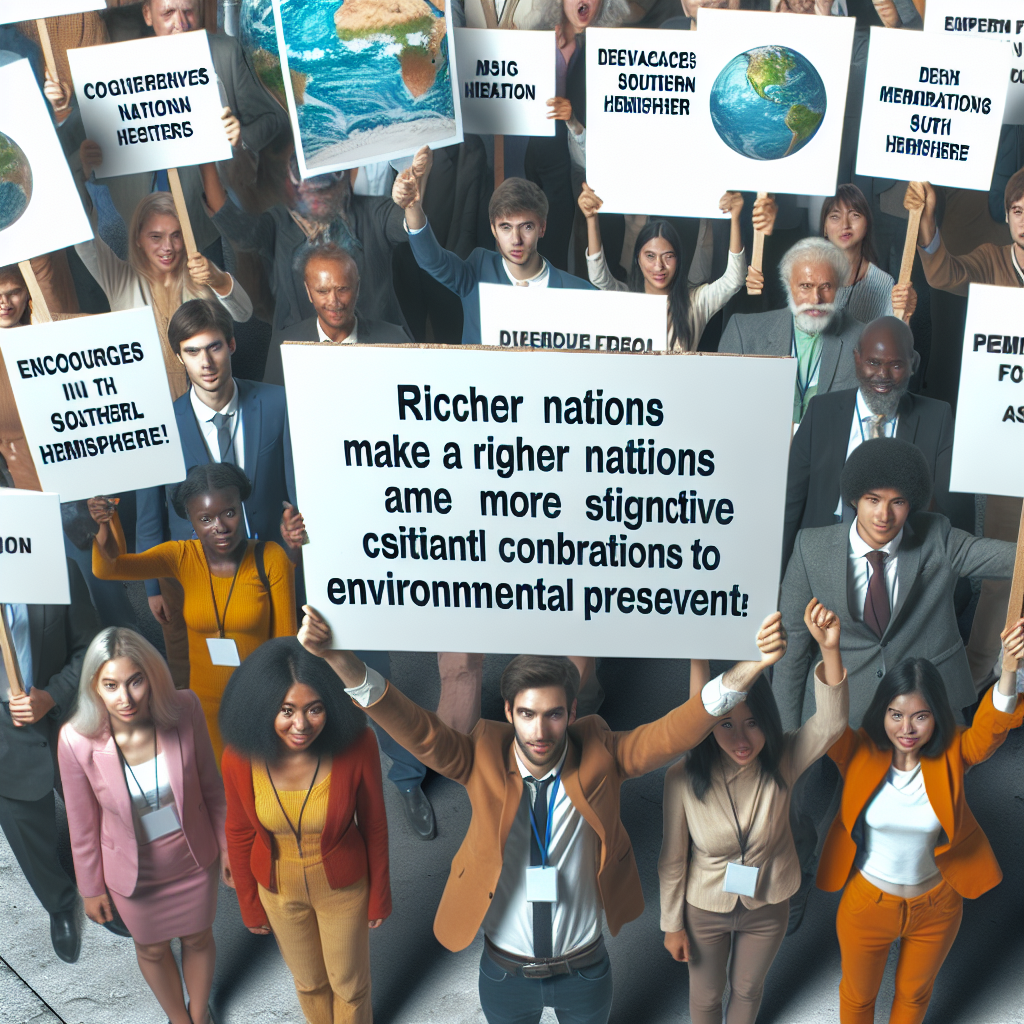Chidimma Adetshina: A New Era Begins as She is Crowned Miss Universe Africa and Oceania
In a dazzling display of beauty, intelligence, and cultural pride, Chidimma Adetshina has been crowned Miss Universe Africa and Oceania. This monumental achievement not only highlights her personal journey but also shines a spotlight on the diverse cultures and talents within these regions. As the world turns its eyes to this remarkable young woman, we delve into her story, the significance of her win, and what it means for the future of beauty pageants.
The Journey to the Crown
Early Life and Background
Chidimma Adetshina’s journey to the Miss Universe stage is a testament to her resilience and determination. Born and raised in Nigeria, Chidimma’s upbringing was steeped in rich cultural traditions and values. Her family instilled in her a strong sense of identity and purpose, which has been a guiding force throughout her life.
- Hometown: Lagos, Nigeria
- Education: Bachelor’s degree in International Relations
- Hobbies: Dancing, reading, and volunteering
The Road to Miss Universe
Chidimma’s path to the Miss Universe crown was paved with hard work and dedication. She participated in numerous local and national beauty pageants, each time honing her skills and building her confidence. Her journey was not without challenges, but her perseverance and passion for representing her culture kept her motivated.
- Previous Titles: Miss Nigeria, Miss Africa
- Preparation: Rigorous training in public speaking, fitness, and cultural representation
The Significance of Her Win
A Celebration of Diversity
Chidimma’s victory is a celebration of the rich diversity found within Africa and Oceania. Her win brings attention to the unique cultures, languages, and traditions that make these regions so vibrant and dynamic.
- Cultural Representation: Chidimma’s wardrobe and performances showcased traditional African attire and dance, highlighting the beauty of her heritage.
- Language: Fluent in multiple languages, Chidimma used her platform to promote linguistic diversity and cultural understanding.
Empowering Women Across Continents
Chidimma’s success is a powerful message to women across Africa and Oceania, encouraging them to pursue their dreams and break barriers. Her story is an inspiration to young girls who aspire to make a difference in their communities and beyond.
- Advocacy: Chidimma is passionate about women’s education and empowerment, using her platform to advocate for equal opportunities.
- Role Model: Her journey serves as a beacon of hope and possibility for women facing societal and cultural challenges.
The Impact on Beauty Pageants
Redefining Beauty Standards
Chidimma’s win is a step towards redefining beauty standards in the pageant industry. Her success challenges traditional notions of beauty and emphasizes the importance of authenticity and cultural pride.
- Inclusivity: The Miss Universe pageant is becoming more inclusive, celebrating diverse beauty and encouraging contestants to embrace their unique identities.
- Natural Beauty: Chidimma’s natural hair and minimal makeup look have inspired a movement towards embracing natural beauty in pageants.
The Future of Miss Universe
Chidimma’s reign as Miss Universe Africa and Oceania is set to bring about positive changes in the pageant world. Her influence will likely inspire future contestants to prioritize cultural representation and social impact.
- Cultural Exchange: Chidimma plans to use her platform to promote cultural exchange and understanding between Africa, Oceania, and the rest of the world.
- Social Initiatives: Her reign will focus on initiatives that address pressing issues such as education, poverty, and climate change.
Chidimma’s Vision for the Future
Advocacy and Social Impact
Chidimma is committed to using her title to make a meaningful impact on society. Her advocacy work focuses on several key areas:
- Education: Promoting access to quality education for girls in underserved communities.
- Health: Raising awareness about health issues affecting women and children in Africa and Oceania.
- Environment: Advocating for sustainable practices and environmental conservation.
Inspiring the Next Generation
Chidimma’s story is a source of inspiration for the next generation of leaders and changemakers. She encourages young people to pursue their passions and make a difference in their communities.
- Mentorship: Chidimma plans to mentor young girls, providing guidance and support as they navigate their own journeys.
- Public Speaking: She will engage in public speaking events to share her experiences and inspire others to follow their dreams.
Conclusion
Chidimma Adetshina’s crowning as Miss Universe Africa and Oceania marks a new chapter in the world of beauty pageants. Her journey is a celebration of diversity, empowerment, and cultural pride. As she embarks on her reign, Chidimma is poised to make a lasting impact on the world, inspiring countless individuals to embrace their unique identities and strive for greatness. Her story is a reminder that beauty is not just about appearance, but about the strength, resilience, and passion that lies within.






